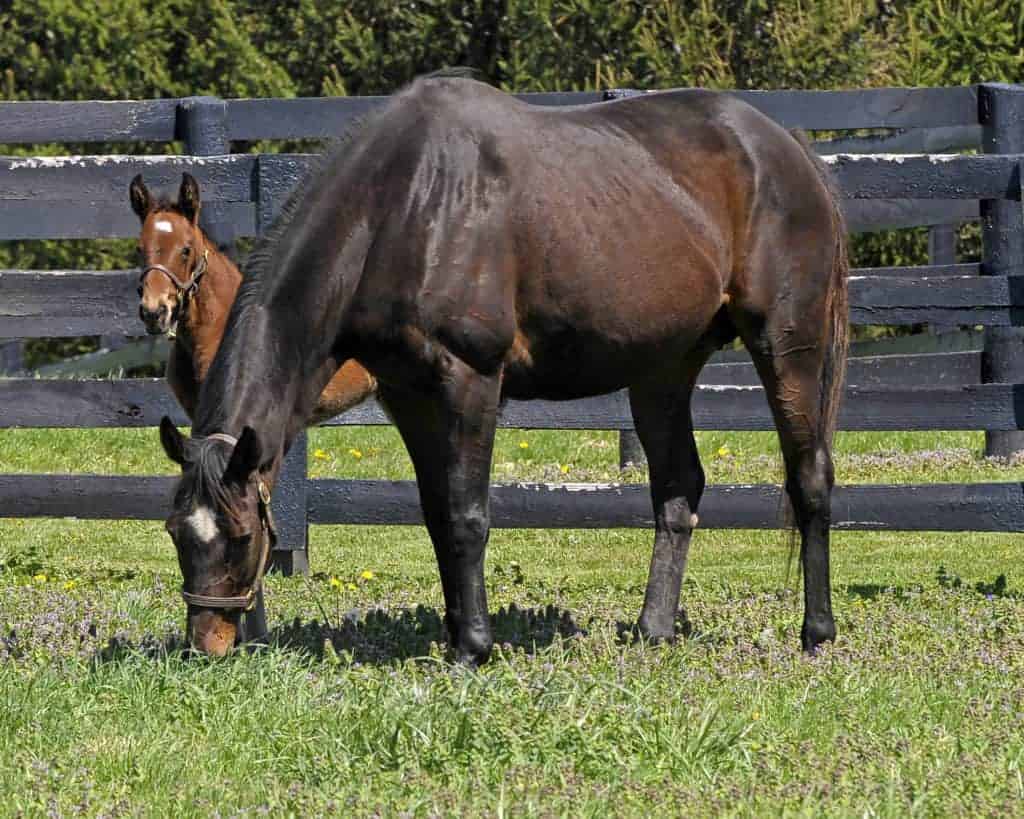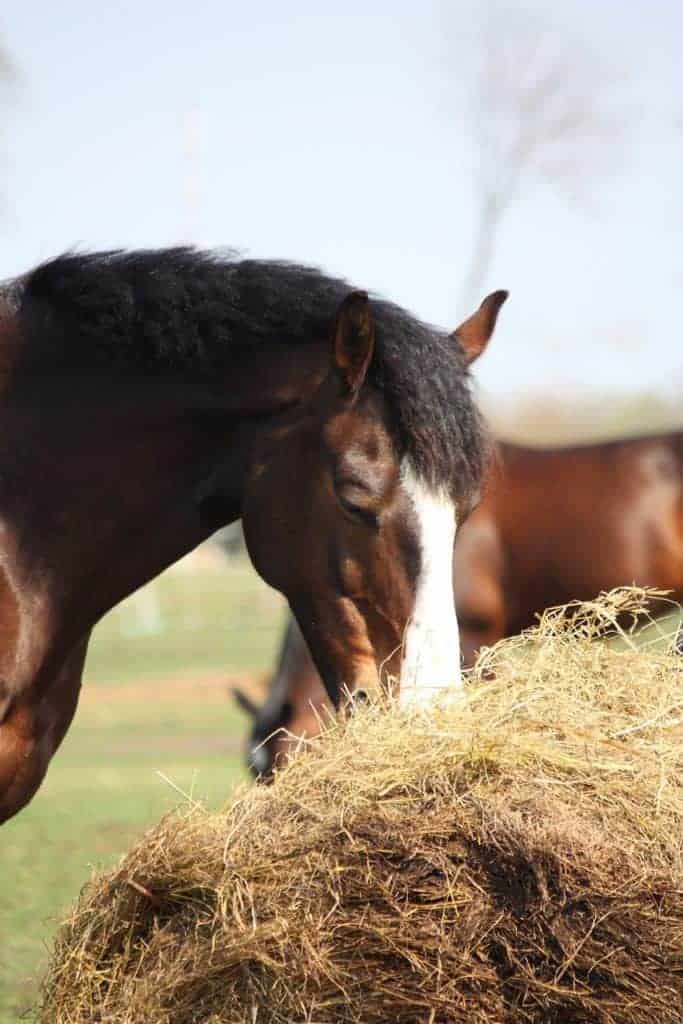
Best Practices for Choosing an NSAID
There are a plethora of non-steroidal anti-inflammatory drugs for horses. Here’s how your vet decides what to use.

There are a plethora of non-steroidal anti-inflammatory drugs for horses. Here’s how your vet decides what to use.

With multiple approaches to handling ileus, one vet thinks a firm definition of the condition could help outcomes.

Tweets and take-homes from the Milne lecture and sessions on colic, digestive health, pathology, and more.

Mok’s research suggests that threonine might not be a limiting amino acid in mature horses fed a typical diet.

Adding supplementary fibrolytic enzymes to horses’ diets could help maximize digestibility and nutrient utilization.

Hope Douglas, VMD, will discuss types of colic, as well as evaluation and treatment both in the field and in a hospital.

Work with your veterinarian or equine nutritionist to ensure your horse’s diet is balanced heading into the new year.

My stallion ate a piece of netting off a roll of hay. Will it pass through his system?
Lecture topics will include mare, stallion, and foal care; navicular syndrome; the digestive tract; and more.

Increased vigilant behavior was correlated with intestinal microbial disturbances induced by a high-starch diet.

The researchers are also seeking veterinarian and horse owner input for surveys on recognizing and diagnosing colic.

Most impaction colics studied (53.4%) resolved without treatment or with simple medical therapy on the first visit.

Being prepared in advance can help horse owners handle this scary situation as well as possible.

Researchers ran four tests on the same group of horses to compare results and determine sensitivity and specificity.

Prince’s research could ultimately help owners better manage horses that require low- or high-carbohydrate diets.

Here are the steps to take and information to gather when faced with a colicking horse.
Stay on top of the most recent Horse Health news with
"*" indicates required fields